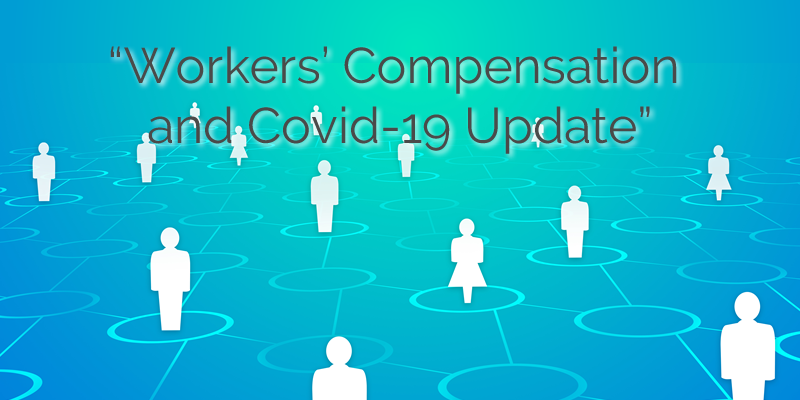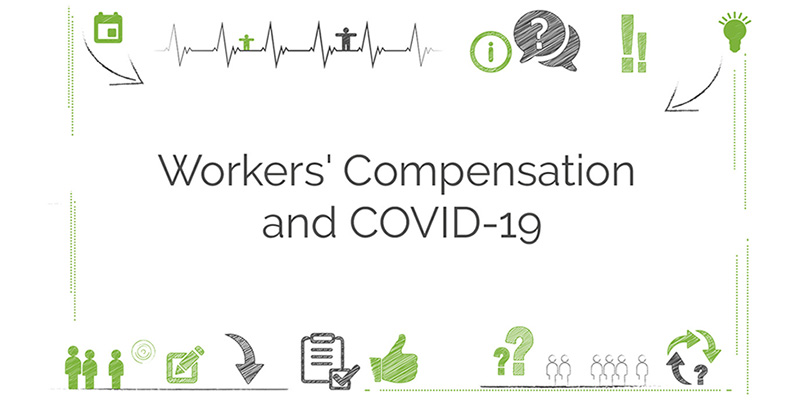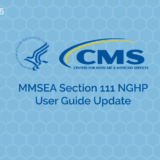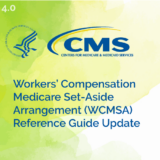On March 20th, we discussed what actions Washington State’s Workers’ Compensation Agency was taking that would allow medical providers and injured workers to file claims for work related/industrial exposure to COVID-19. Since then, other states have also taken action and created new policies in regards to the COVID-19 outbreak.
Kentucky
Last month, Kentucky was one of the States that adopted policy to provide workers’ compensation benefits to healthcare workers and first responders exposed to COVID-19. On April 9th, 2020 Governor Andy Beshear of Kentucky extended the provision of those benefits to additional types of employees. In his executive order, Gov. Beshear ordered that an employee could receive temporary total disability (TTD) payments for the period of time that the employee was quarantined if that employee met certain criteria.
The burden of proof lies with the employee to show that the COVID-19 exposure was caused by the work conditions. The employee’s removal to quarantine has to be ordered by a physician. If the employee can show the connection and removal by a physician, TTD payments can now be received for the quarantine period even if the employer denies liability.
The expanded list of those now eligible for TTD payments includes healthcare workers, first responders, corrections officers, members of the military, activated National Guard, domestic violence shelter workers, child advocacy workers, rape crisis center staff, Department for Community based Services workers, grocery workers, postal service workers, and child care workers permitted by the Cabinet for Health and Family Services to provide child care in a limited duration center during the State of Emergency.
Florida
Florida followed Washington and Kentucky, and as of the end of March, Florida Chief Financial Officer Jimmy Patronis ordered the state’s Division of Risk Management (DRM) to review workers’ compensation claims submitted by state workers “required to interact with potentially infected individuals.” Those workers includes those employees known in Florida as “Frontline Workers“: law enforcement, firefighters, EMTs, paramedics, correctional officers, health-care workers, child safety investigators and Florida National Guardsmen.
The Florida League of Cities also announced in March that the Florida Municipal Insurance Trust would cover municipal first responders’ COVID-19 claims.
Illinois
This week, Illinois has taken a progressive step with the introduction of an emergency amendment to the Illinois Workers’ Compensation Commission’s rules of evidence under Part 9030 titled Arbitration, establishing a rebuttable presumption of a causal connection between employment and contraction of COVID-19 for both First Responders and Frontline Workers who contract COVID-19 as a result of their employment.
This is different than any other state in terms of the burden of proof. In most states, the burden is on the injured or ill worker to prove the causal connection. In Illinois, at this time, the burden will be on the employer to rebut this presumption that the causation exists.
In Illinois and other states, attorneys representing injured workers should evaluate whether there may be new expanded coverage in their state for their clients who contract COVID-19 as a result of employment-related activities. They should consider whether such coverage may exist under the respective state’s Workers’ Compensation statutes or any other state law that may apply.
Some states, like Illinois, also have an Occupational Diseases Act which could be applicable, and if so, would pay benefits based on rates established under the applicable version of Illinois’ Worker’s Compensation Act.
Changes in Workers’ Compensation and Liability Cases
COVID-19 has driven changes that affected both the Workers’ Compensation and Liability industries outside of state and local government regulation. For additional information how the Workers’ Compensation industry has been affected please click here, and to find out how the Liability industry has been affected follow this link.
We hope each of you stays safe at this time. Medivest is fully functional during this period and ready to assist parties with MSP compliance and lien resolution services. For assistance in these matters please call us at 1.877.725.2467 or contact us here.







